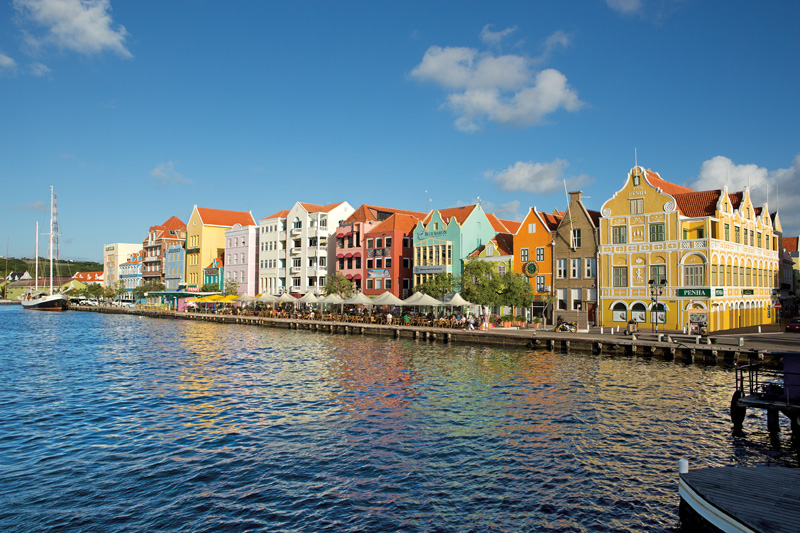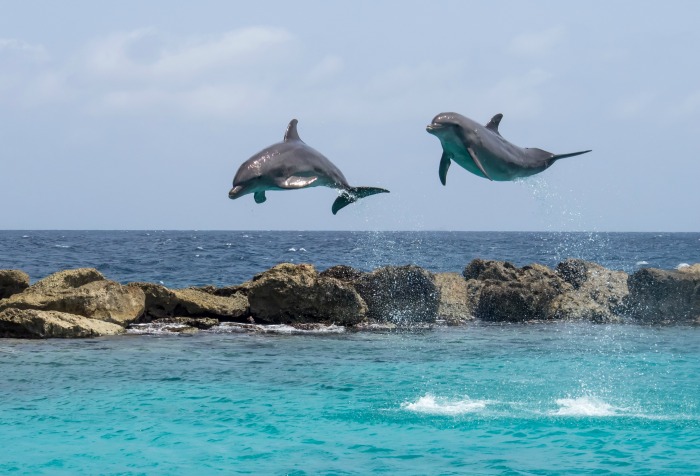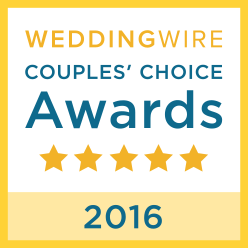
Curacao
Quick Facts:Location – Curacao is a part of the ABC islands – Aruba to its west and Bonaire to the east. Curacao is long, arid and generally flat stretching 40 miles from southeast to northwest. Weather – Curacao is solidly in the tropics, only 12° north of the equator and outside of the hurricane belt. Curaçao has a warm, sunny climate year round. The average temperature is about 27° C . Refreshing trade winds blow constantly from the east, picking up in the spring months. Rainy season runs from October through February and is marked by short, occasional showers which usually occur at night. Getting around – Your transfers to and from the airport will be included with your all inclusive package so you won’t need to worry about booking a bus as it is already taken care of for you. When booking an excursion off property we suggest booking through your tour operator or resort to ensure safety and reliability. However, if you do wish to venture off property on your own you will find many options in Curacao which include a multitude of taxi, car rentals and public transit buses. Currency – Prices while shopping are quoted in the national currency, the Netherlands Antillean guilder (also called the florin). Bills of US$50 and US$100 can be hard to cash however bringing US dollars is perfectly fine and will be accepted in tourist areas as are major credit cards. Language spoken – Curacao has an interesting mix of languages due to its cultural history. Most native speakers will use Dutch, English as well as Papiamentu (a multi-faceted Creole language) interchangeably. Dutch is the official language, while Papiamentu is the most common. Spanish is also spoken by most Curacaons, and English is widely used. Electricity – The standard electricity supply in Curacao is 127 volts; therefore you will not need convertors unless you are bringing 220 volt devices (hotels will often offer convertors). What To Do:
Excursions – Some of the most famous attractions in Curacao are Christoffel National Park, Hato Caves and Curaçao Sea Aquarium (with a Dolphin Center). The wide range of historic buildings in and around Willemstad earned the capital a place on UNESCO's world heritage list. Other attractions include Klein Curaçao, Shete Boka National Park and a lot more! Curacao's beaches are its best-kept secret. The best beaches are not the long, expansive patches of sand found in other islands, but smaller, more intimate beaches found in secluded inlets, called "bocas" in the language of Papiamentu. Many of the best beaches are found at the west end of the island, which is fittingly named Westpunt, or "west point". The casinos on Curacao are not like the casinos in Las Vegas, but are still an option for travellers who want to do some gambling.The casinos are located at several resorts on the island. Shopping – Punda's Breedestraat and Otrobanda's Breedestraat are main shopping thoroughfares, likely to be crowded with tourists and cruise ship passengers most any time of the day. The road is partially blocked off for pedestrian traffic. The shopping is not duty-free, but is "duty-relaxed", meaning the shopkeepers pay low sales tax. Nightlife – A large part of Curacao's nightlife finds place in the hotels and resorts. There are multiple bars and clubs off property however – the most popular are Mambo Beach, Wet and Wild Beach Club, Cafe De Nachtwacht, Cafe De Tropen and Zanzibar Beach Club. Golf – Blue Bay Golf Club has 18 holes and is located right on the Caribbean Seas so it offers not only a great game of golf but a spectacular view as well. Curacao Golf and Squash Club has 9 holes and is a smaller club, it consists of 10 greens that are very tranquil with lots of birds and reptiles to be seen! Favourite Resorts:Sunscape Curacao
|
| | Tropical Destination Weddings, Suite Trip Travel TPI © 2014 - TICO #50020867 | |

|

|
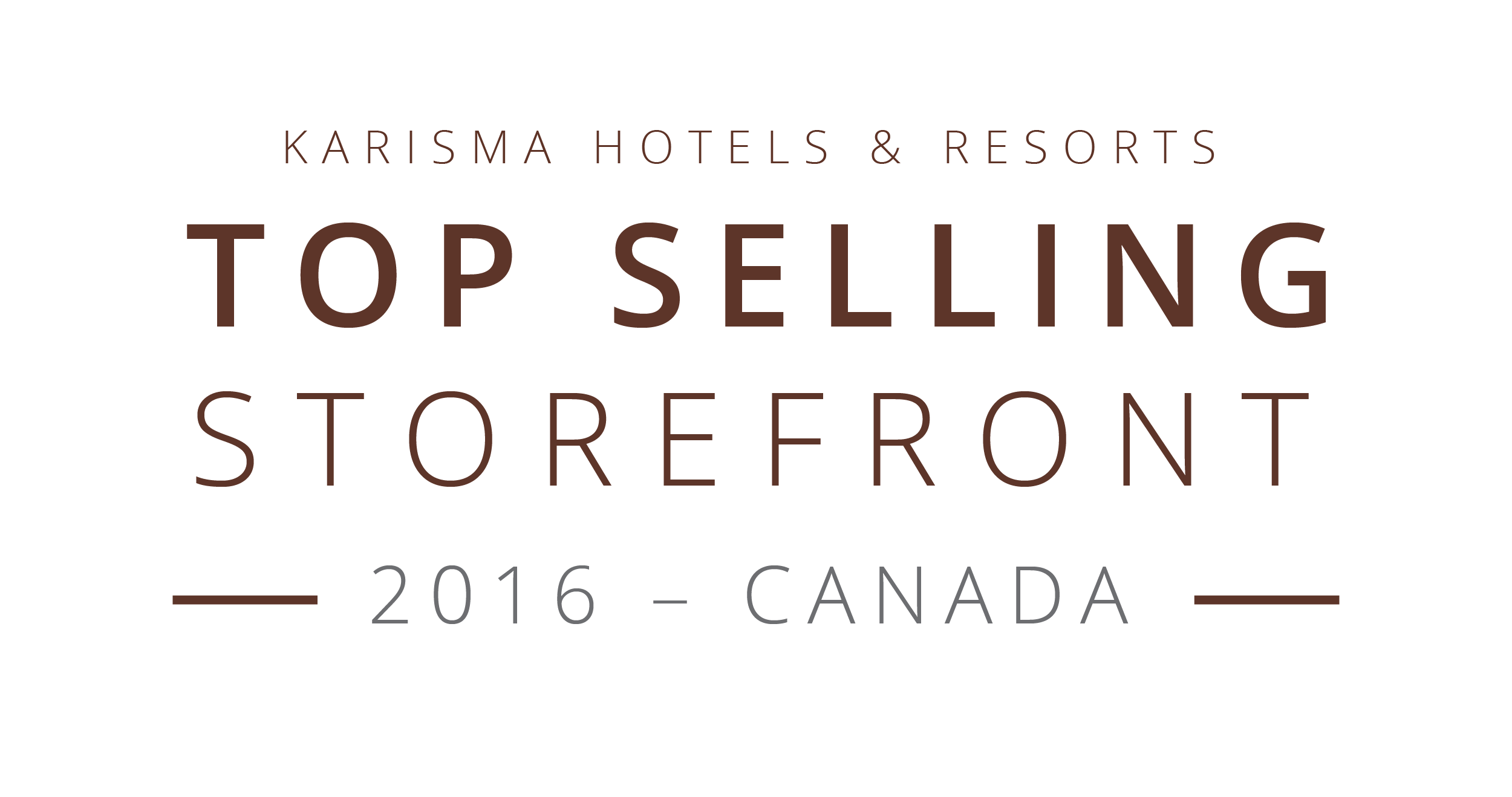
|
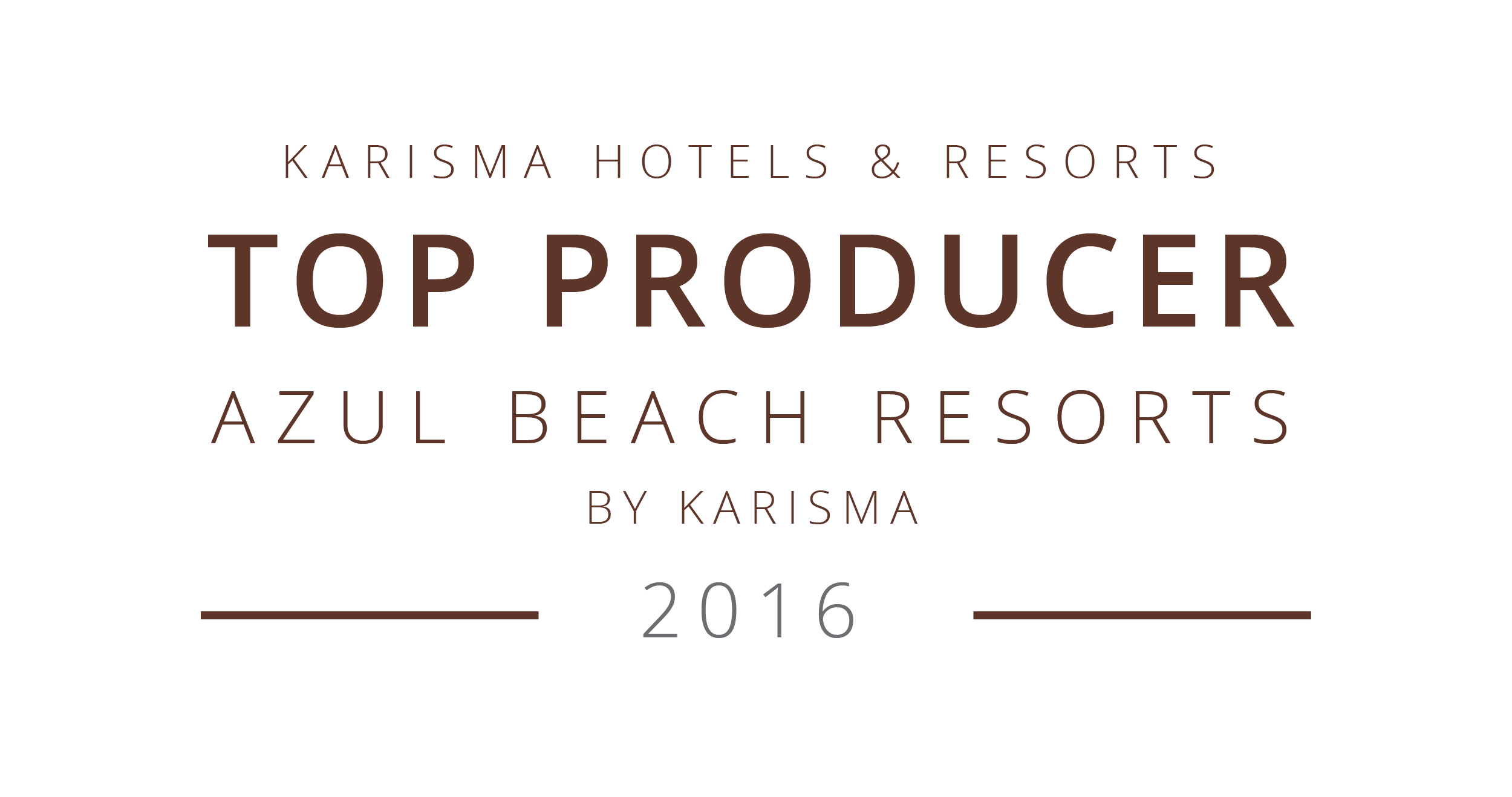
|
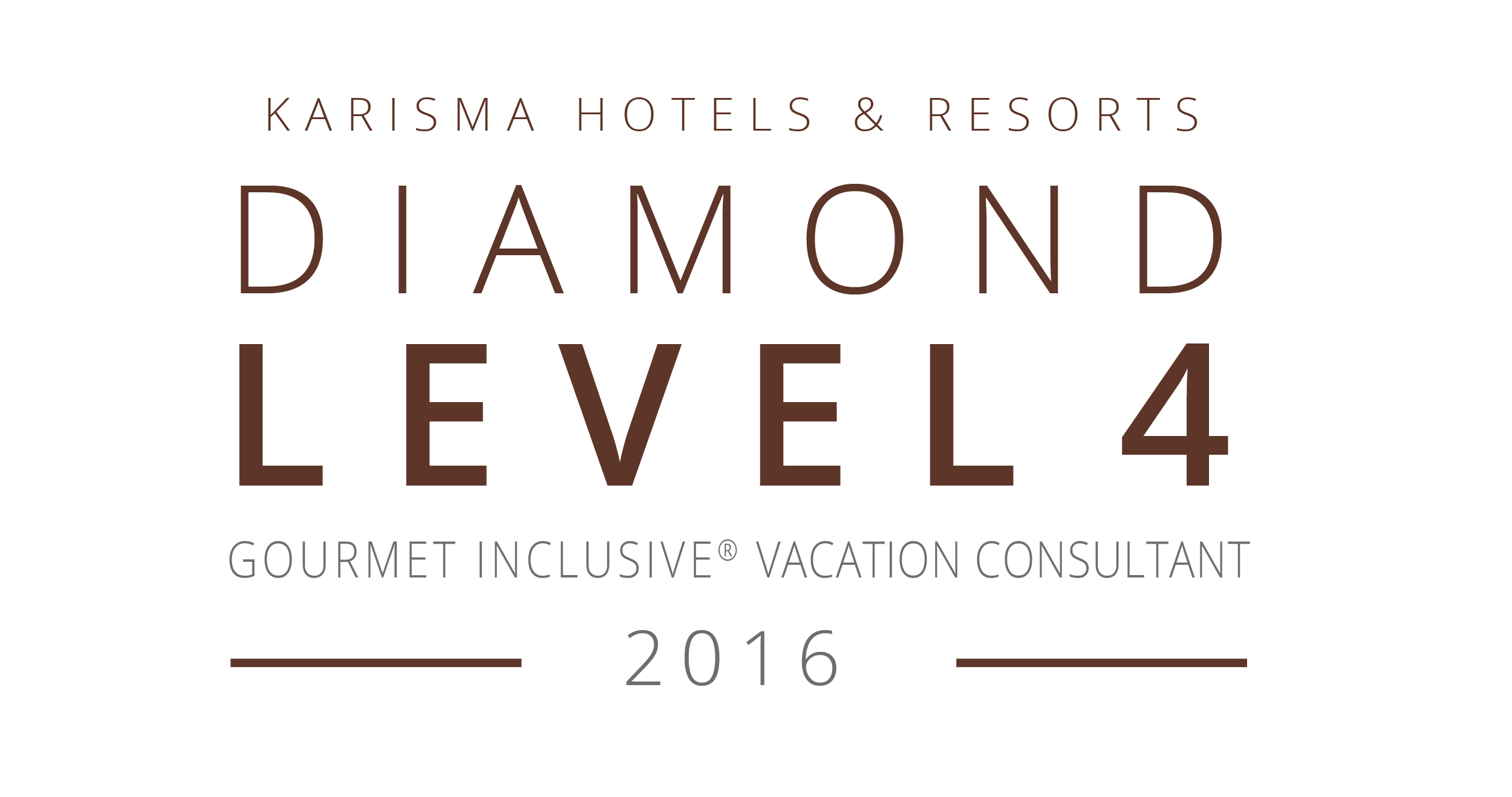
|
